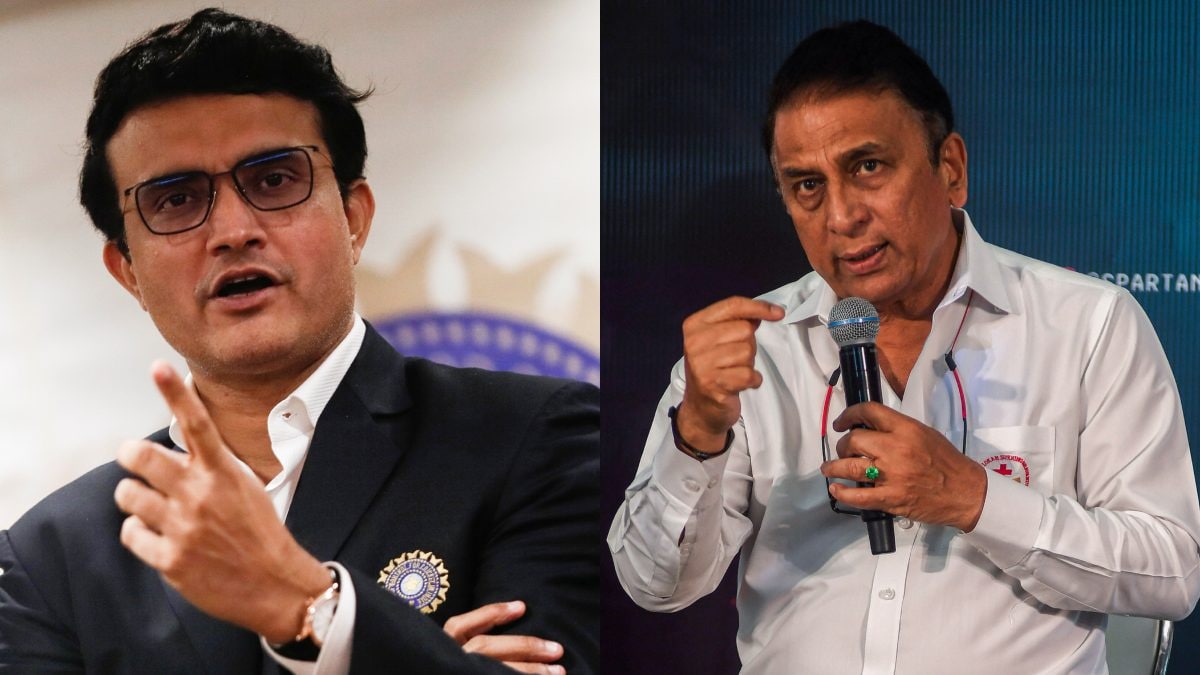

The Indian team's selection for the second Test against England at Edgbaston has sparked a significant debate, drawing criticism from former cricketing legends like Sourav Ganguly and Sunil Gavaskar. The primary point of contention revolves around the omission of Kuldeep Yadav and the decision to rest Jasprit Bumrah, despite being fit, raising questions about the team's strategy.
India made three changes to their playing XI for the Edgbaston Test, bringing in Nitish Kumar Reddy, Washington Sundar, and Akash Deep. Shardul Thakur and Sai Sudharsan were dropped, and Jasprit Bumrah was rested. The inclusion of Washington Sundar as the second spinner alongside Ravindra Jadeja, sidelining Kuldeep Yadav, has particularly drawn flak.
Sourav Ganguly questioned whether India was playing their best two spinners. He highlighted the importance of putting runs on the board, especially with England's decision to bowl first. Sunil Gavaskar expressed his bewilderment at Kuldeep's exclusion, especially on a pitch expected to offer turn. He argued that the concern should have been the lack of penetration in the bowling attack, rather than strengthening the batting. Gavaskar pointed out that India had scored over 830 runs in the first Test, indicating that batting wasn't the primary issue.
The decision to rest Jasprit Bumrah, described as a "surprising decision" by former England pacer Stuart Broad, has also been met with disbelief. Ravi Shastri echoed this sentiment, stating that you don't rest your best bowler in a must-win game. Captain Shubman Gill defended the team selection, citing the need to bolster the batting lineup after lower-order collapses in the previous Test. He admitted that they were tempted to play Kuldeep but wanted to add batting depth.
Gautam Gambhir, the head coach, had emphasized the importance of taking 20 wickets after the defeat at Headingley. However, critics argue that the team selection for the Edgbaston Test reflected a defensive mindset, prioritizing batting depth over wicket-taking ability. The decision to include Washington Sundar was aimed at strengthening the lower-order batting, but Gavaskar and others have questioned whether this addresses the real issue of a lack of penetration in the bowling attack.
Irfan Pathan has offered support for Gambhir, arguing that playing Washington Sundar is not necessarily a negative move and could address the need for lower-order resistance. However, the dominant narrative remains critical of the team selection, with many believing that India has prioritized batting depth at the expense of a more potent bowling attack.
Despite the criticism, India ended Day 1 at Edgbaston in a strong position, with Shubman Gill scoring a century and Ravindra Jadeja remaining unbeaten. Gill became only the second Indian captain after Mohammad Azharuddin to score hundreds in consecutive matches in England. Yashasvi Jaiswal also contributed with a notable 87.
The Indian team management's focus on batting depth stems from the lower-order collapses in both innings of the Headingley Test. The changes in the batting order, including Karun Nair's promotion to No. 3, reflect this concern. However, critics argue that these changes have come at the cost of specialist players and a more balanced team composition.